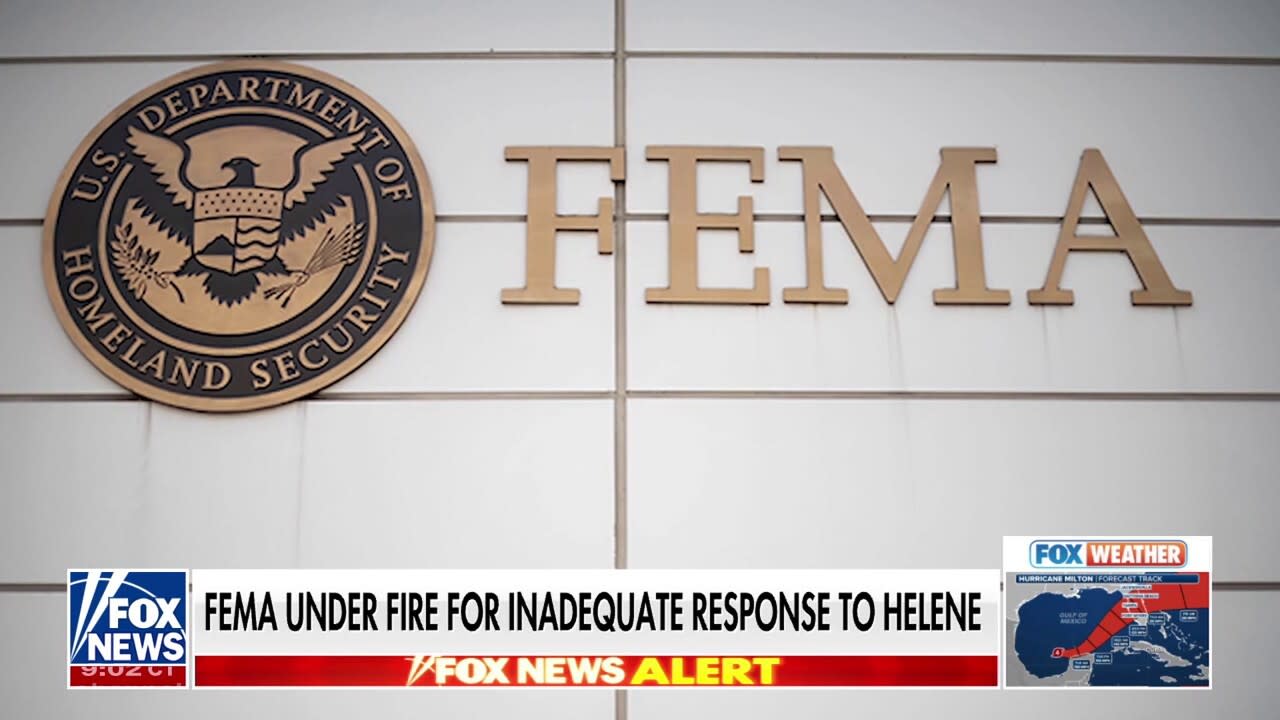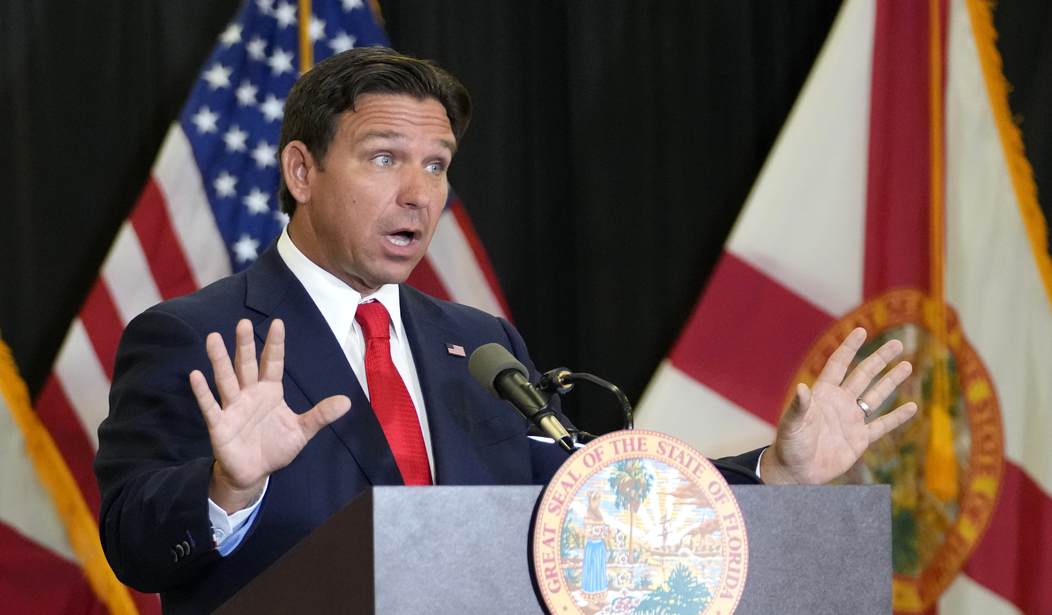". . .The spread of wild rumors has always been a problem during major
disasters, which typically produce power outages and transportation
obstacles that interfere with the communication channels that most
people rely on from day to day. . ." {The Atlantic)
The Fog of Disaster Is Getting Worse
How a changing media environment, worsened by intentional attempts to deceive people, hampers the response to natural catastrophes

Keeping track of events during a natural disaster was hard enough in the past, before people with dubious motives started flooding social media with sensational images generated by artificial intelligence. In a crisis, public officials, first responders, and people living in harm’s way all need reliable information. The aftermath of Hurricane Helene has shown that, even as technology has theoretically improved our capacity to connect with other people, our visibility into what’s happening on the ground may be deteriorating.
Beginning late last week, Helene’s storm surge, winds, and rains created a 500-mile path of destruction across the Southeast. To many people’s surprise, the storm caused catastrophic flooding well inland—including in and around Asheville, North Carolina, a place that had frequently been labeled a “climate haven.” Pictures that many users assumed had been taken somewhere around Asheville began spreading rapidly on social media. Among them were photographs of pets standing on the rooftops of buildings surrounded by water; another image showed a man wading through a flood to rescue a dog. But news outlets that took a closer look noted that the man had six fingers and three nostrils—a sign that the image was a product of AI, which frequently gets certain details wrong. . .
Misinformation!' Karine Jean-Pierre and Peter Doocy Battle Over Hurricane Aid
A HURRICANE NAMED MILTON IS NEXT
Fema chief warns 'dangerous' Trump falsehoods hampering Helene response | Hurricane Helene | The Guardian
Is Florida's 'Great Migration' Coming Undone? – HotAir
The Great Florida Migration Is Coming Undone
A surplus of housing inventory and dwindling buyer interest are slowing sales. Hurricanes and extreme weather are making it worse.
About half of the homes listed for sale in Tampa experienced price reductions as of Sept. 9, the third-highest share of all U.S. major metropolitan areas.
Hurricane Helene could cost $200 billion. Nobody knows where the money will come from.
Almost none of the storm's devastation will be paid out by insurance
by Jake Bittle Staff Writer Published Oct 04, 2024Climate + Extreme Weather
Helene will likely trigger one of the largest FEMA flood insurance payouts in recent years, perhaps to the tune of billions of dollars. But Swiss Re, the massive global reinsurance company that acts as a backstop for the national program, confirmed that most people who suffered damage during Helene won’t get anything at all.
“Sadly much of the damage from these devastating floods will not be covered by insurance,” said Monica Ningen, who leads the company’s property business in the United States. She added that the lack of coverage “will make the task of rebuilding the communities impacted all the more difficult.”
- Some victims will receive a few thousand dollars from FEMA for repair costs, and some others will be able to secure low-interest rebuilding loans from the Small Business Administration.
- The Department of Housing and Urban Development also has a track record of spending billions of dollars on long-term recovery needs after big disasters, paying for home repairs and new housing development.
But this aid money could take months
or years to reach hard-hit areas, . . and it won’t come close
to covering the cost of reconstruction for most people, especially those
in low-income households.. .








No comments:
Post a Comment